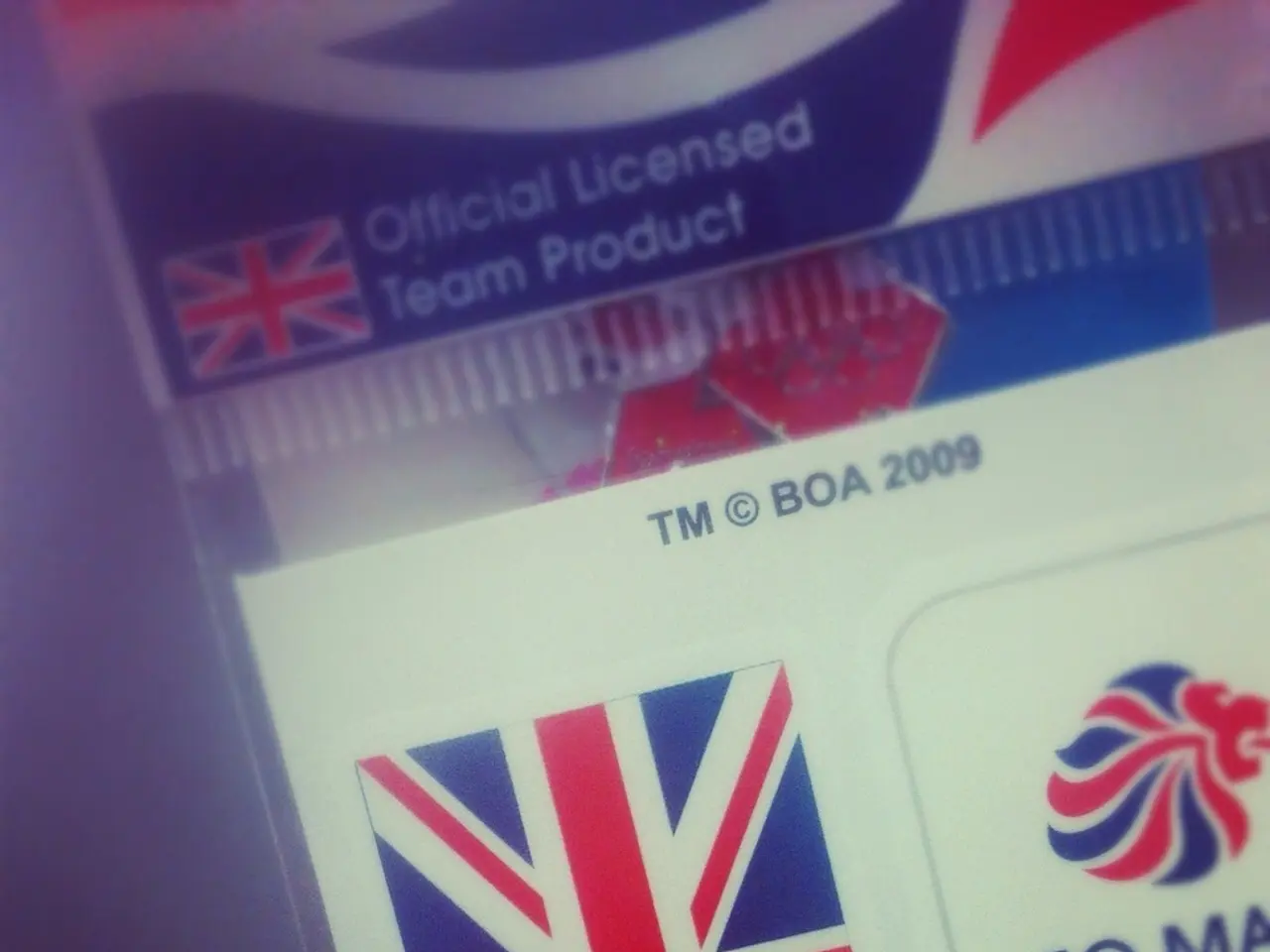Regulatory body FCA England consults with the payment sector to determine safety measures and regulations within UK marketplace
The Financial Conduct Authority (FCA) has finalised and published the interim safeguarding regime for payments and e-money firms, now known as the "Supplementary Regime." This regime, outlined in Policy Statement PS25/12, will come into effect on 7 May 2026.
The Supplementary Regime introduces mandatory measures such as daily reconciliations (excluding weekends and public holidays), annual safeguarding audits for firms holding more than £100,000 in customer funds, monthly safeguarding reports to the FCA, and new requirements on resolution packs, third-party due diligence, insurance provisions, and contingency plans.
Firms have a 9-month implementation period from the publication of PS25/12 (August 2025) to comply with the new rules. The FCA encourages companies to conduct detailed gap analyses and remediation planning promptly.
The more comprehensive end-state regime, which would have introduced statutory trusts and designated safeguarding bank accounts, has been deferred to allow the FCA to monitor the supplementary regime’s operation and decide if further changes are needed. The end-state proposals, including the requirement for payment firms to receive funds directly into designated segregated accounts (DSAs), have been deferred for at least two years, until at least the fourth quarter of 2027.
The FCA has made several other changes to the safeguarding regime. For instance, it has agreed to include additional guidance in its approach document on when the safeguarding obligation starts and ends. The authority has also removed the requirement for a limited assurance engagement where a payments firm claims not to have been required to safeguard relevant funds during the audit period.
Moreover, the FCA has extended the timing of submission for the first audit to six, rather than four, months following the end of the firm's audit period. It has amended the monthly safeguarding return to make it simpler for payment firms to complete.
The FCA acknowledges that the timing, nature, and feasibility of transitioning to the post-repeal regime would ultimately depend on HM Treasury's approach to revoking the Payment Services Regulations and Electronic Money Regulations.
In summary, the Supplementary Regime is the current mandatory framework effective May 2026, providing an interim strengthening of safeguarding practices for payment and e-money firms. The more comprehensive end-state regime remains delayed and under future review. Firms should now focus on preparing for compliance with the Supplementary Regime.
Businesses within the payments and e-money industry are required to adhere to the Supplementary Regime, a mandated framework set to take effect on May 7, 2026. Under this regime, firms needs to conduct daily reconciliations, annual safeguarding audits (for those holding more than £100,000 in customer funds), and submit monthly safeguarding reports to the FCA, among other measures. Additionally, firms should also prepare for new requirements on resolution packs, third-party due diligence, insurance provisions, and contingency plans. The end-state regime, which includes statutory trusts and designated safeguarding bank accounts, is yet to be fully implemented, as it has been deferred for at least two years.




